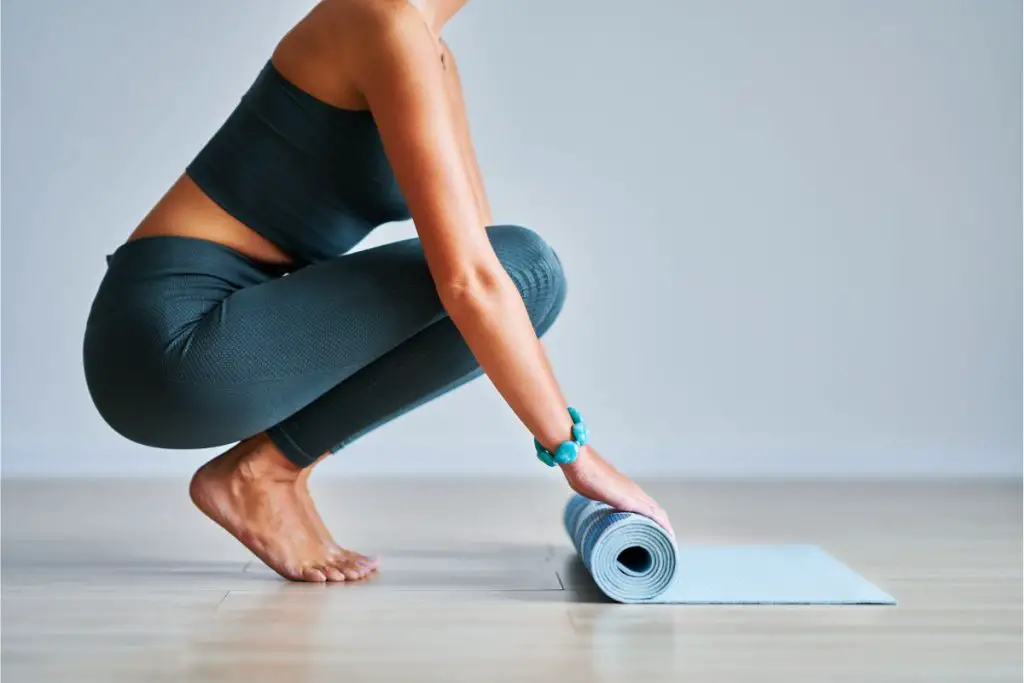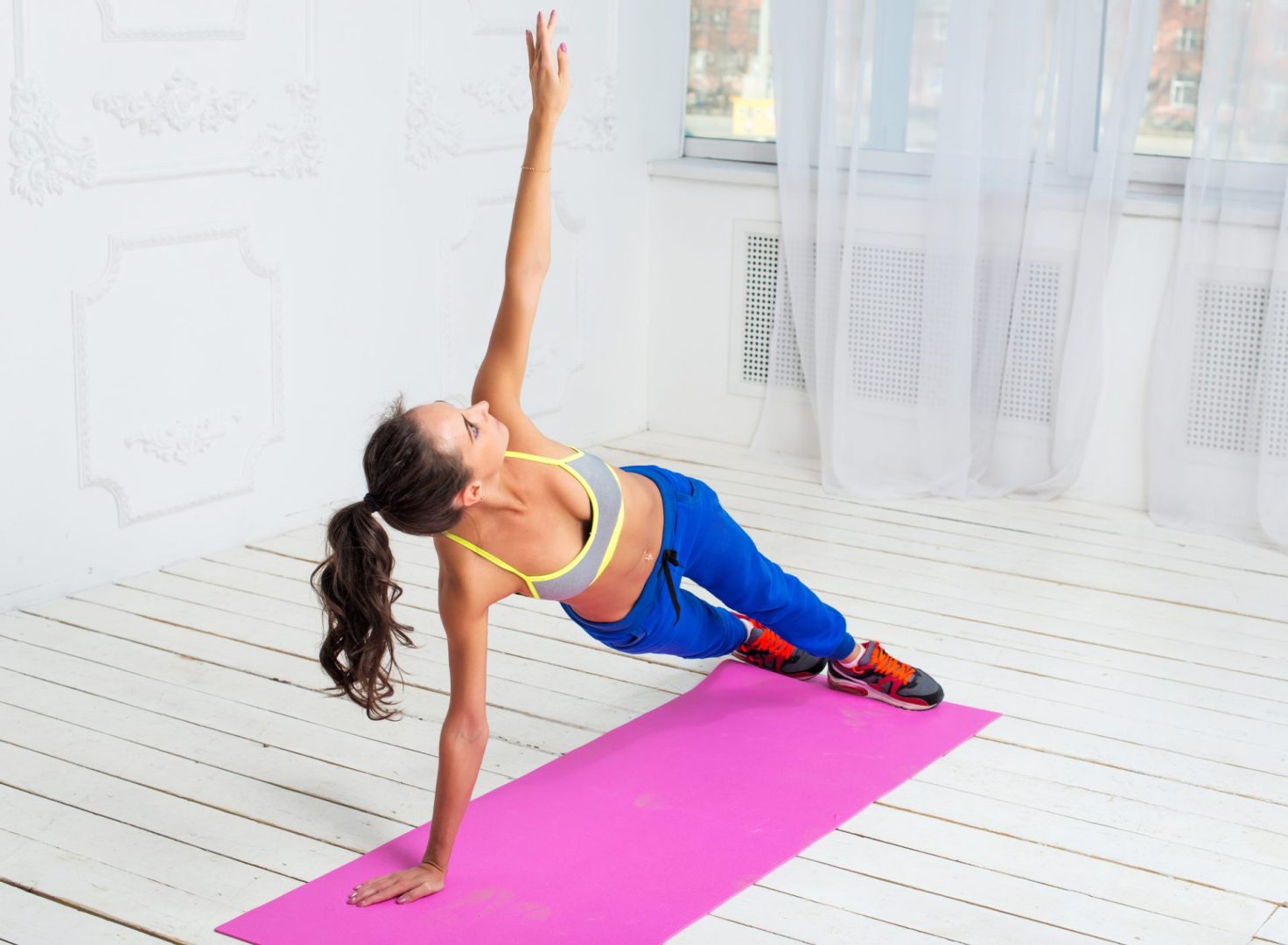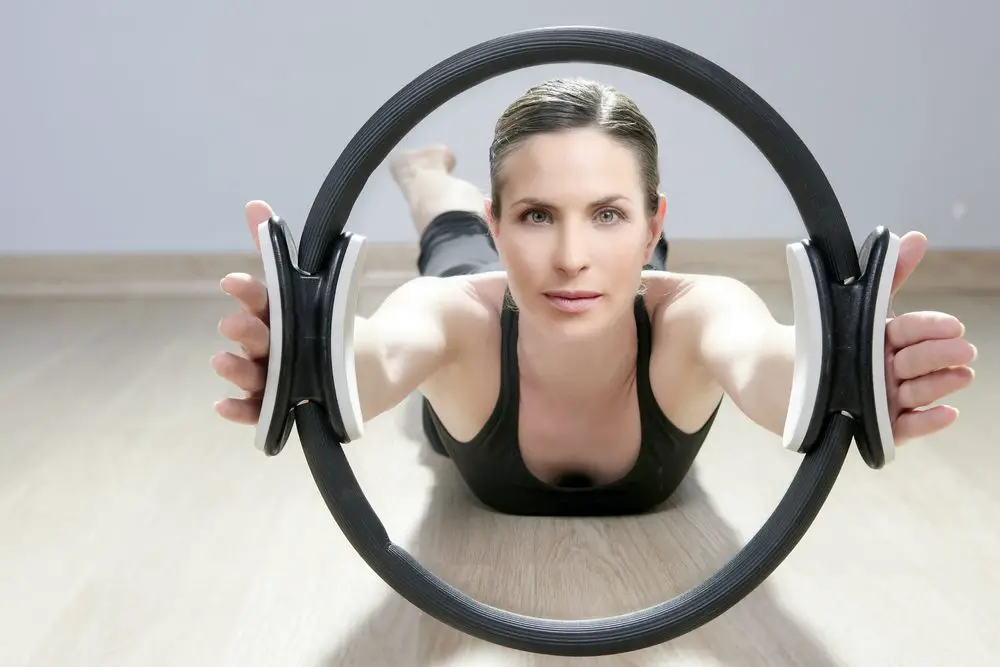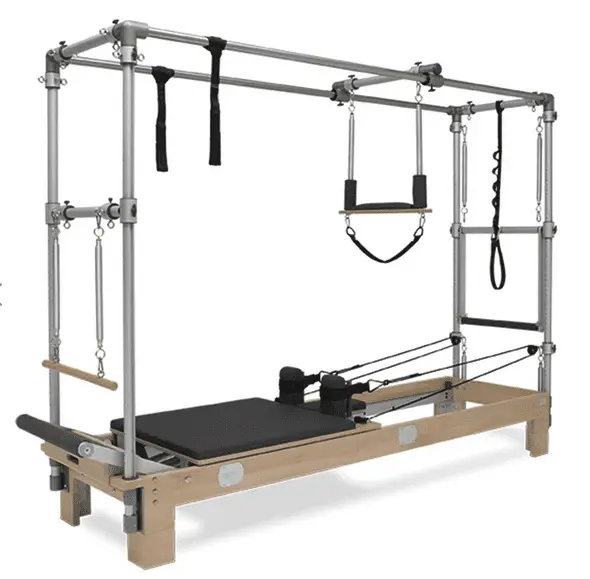Does Pilates Reduce Stress? (The Answer Might Surprise You)
At some point in all of our lives, things can get a little too much.
Whether that’s work life or personal happenings, we can become overwhelmed with what occurs around us, resulting in something all too common in modern society – stress.
Stress can take over lives and control someone’s ability to function normally. In most cases, it builds over time until everything becomes unmanageable, or at least hard to balance in day to day life.
Because so many suffer from stress, many of us are looking for ways to ease and reduce it.
If you Google “ways to reduce stress,” you will be bombarded with different methods such as breathing exercises, and movement exercises.
One method to reduce stress is Pilates.
Practicing this mind-body exercise can help bring back a sense of well-being by improving your flexibility, improving your strength, and restoring correct alignment in your body.
Together, these can contribute to a healthier emotional and mental state of mind.
In today’s post, we will be taking a look at if and how Pilates can help reduce stress.
We will discuss the benefits of practicing Pilates regularly so you can try these body-mind exercises for yourself to hopefully experience a positive change in your mental attitude.
The Effects Of Stress On Your Body
Stress can have numerous negative effects on the body, in particular, the immune system.
If someone is constantly stressed, such as being swamped beneath masses of work, they are more prone to being ill more often.
More often than not, stress can actually be a catalyst, or at least a factor in disease.
Stress can also have a negative impact on a person’s digestive system, their ability to learn new things, and, of course, mood and mental health.
Other effects of stress on the body include:
- Headaches
- Insomnia
- Increased depression
- Higher risk of heart attack
- High blood sugar
- A pounding heart
- Stomachaches
- Erectile dysfunction
- Fertility issues
- Missed periods
- Muscle tension
As you can see, the effects of stress can be hugely detrimental to your well-being and health.
But, if you take steps to fight stress, you can help reduce it and prevent any of the negative side effects associated with it.
Pilates And Stress
So, you’re feeling overwhelmed. Stress has built up and you’re feeling exhausted. Time to try Pilates.
There are many benefits of practicing Pilates, such as improved posture, a stronger core, an increase in your muscle tone, and improved flexibility.
But, did you know that, together, all of these can help improve your mind as well as your body? Pilates is so much more than just loosening body tightness.
It also loosens engrained thought patterns that may be causing stress in your life.
Pilates connects the body and the mind. It incorporates various principles, such as concentration, breathing, precision, and flow.
Like many forms of exercise, the benefits outweigh any negatives, not that there are any negative side effects from doing Pilates!
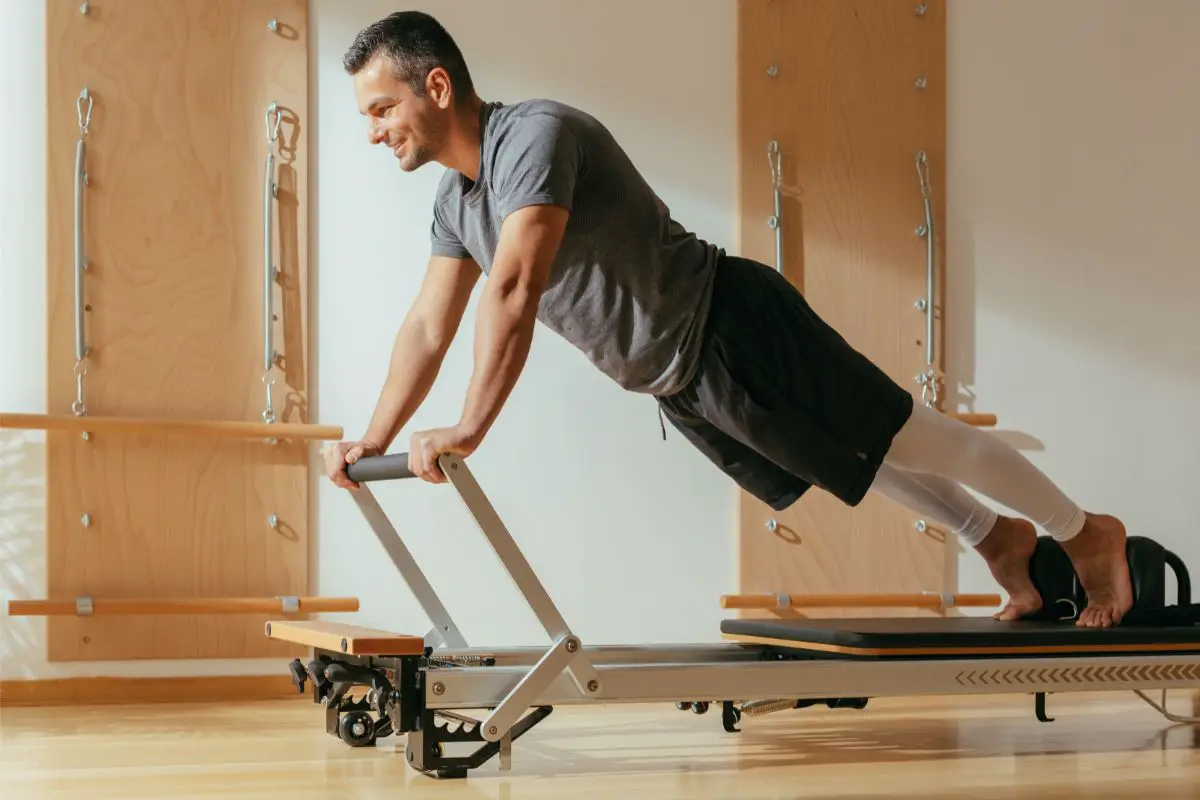
When practicing Pilates, you can release those feel-good endorphins through different movements.
As these are released, your mood will lift and you will feel more positive about most factors in your life.
As well as movements, Pilates focuses on your breathing. This helps to calm your nervous system and even lower the cortisol hormone, nature’s built-in alarm system.
Alone, cortisol is important for you, but only in moderation. But, if stress builds up, like it does for so many people, cortisol will also grow in the body.
When this occurs, you will constantly feel ‘on edge’ and anxious. An overload of cortisol can have many effects on all assets of life.
It can lead to a poorer quality of sleep, a poorer blood sugar balance, and inflammation.
Most of us face commitments, and distractions in everyday life, with important responsibilities resting on your shoulders.
Overtime, these can weigh you down until you find yourself in a loop of anxiety and stress.
By focusing on Pilates, however, you shift focus from what is causing you stress to each moment and exercise.
This helps to free you from thinking about anything negative and, instead, focus on Pilates and your body.
When you finish your Pilates regime, you have recharged your body and mind, this will help give you a fresher and more grounded outlook on life.
Physically speaking, Pilates provides the foundation for a connected, strong body. This contributes to a higher perception of self-awareness, leading to inner strength.
Together, this can eventually fight the overwhelming feeling that comes with anxiety.
Pilates And Mental Health
Around 25% of the world’s population will be affected by some sort of mental disorder in their lives.
This is according to the World Health Organization (WHO) who found that disorders, such as depression and anxiety, are among the most common in the world.
Symptoms of such disorders include poor concentration, exhaustion, back and chest pain, insomnia, and more.
With stress being intrinsically linked to depression and anxiety, it comes as no surprise that Pilates can help with mental health, all round.
Pilates helps an individual get out of their head and focus on their body.
Because Pilates involves exercise, it is mood-elevating. The better we feel in ourselves, the better our moods will be.
Pilates can help you get a sense of control over your body, which can grow into control in daily life. Over time, this can manifest as a growing sense of confidence.
And, as we have mentioned, breathing exercises can improve mental clarity and mindfulness, leading to fewer worries.
Pilates can be considered as one of the best ways to practice self-care. But, you must be consistent with it.
Yes, self-care can include going out to the movies with friends, and blowing off steam at a party, but Pilates may be the best way to calm the body and mind.
Such “self-care” actions, such as partying, tend to be short-term fixes. Pilates is a long term solution to stress and mental woes.
But, how much should you practice Pilates? Well, it is recommended that you build a routine.
Joining a Pilates class is the best way to regularly partake in these exercises, but you can of course do it at home in your free time, too.
You should aim for around two to three times a week of doing Pilates. Combine this with seeing others and being social and the effects can be amazing on your mental health!
The key is consistency.
Yes, some days you will feel tired and would prefer to sit in front of the TV and eat a tub of ice cream.
We’re human, after all! But, getting into a routine and jumping on that Pilates mat will always be more beneficial in the long run.
In Summary
Pilates can be a great way to reduce stress. Through doing different body and breathing exercises, you can calm your busy, anxious mind.
But, as with anything, it takes commitment and consistency. Practice Pilates regularly, and you will see the benefits and reduction in your stress.
